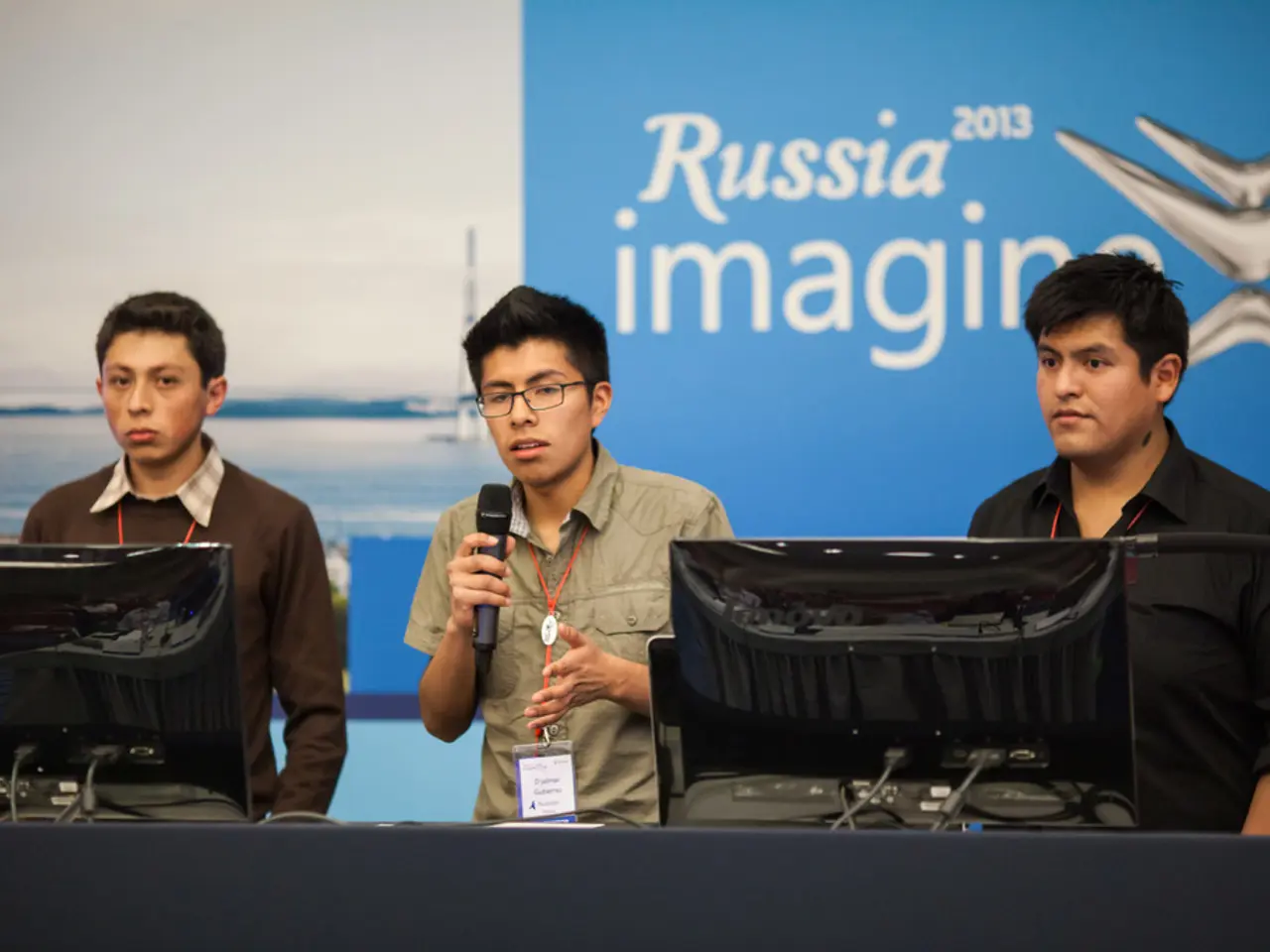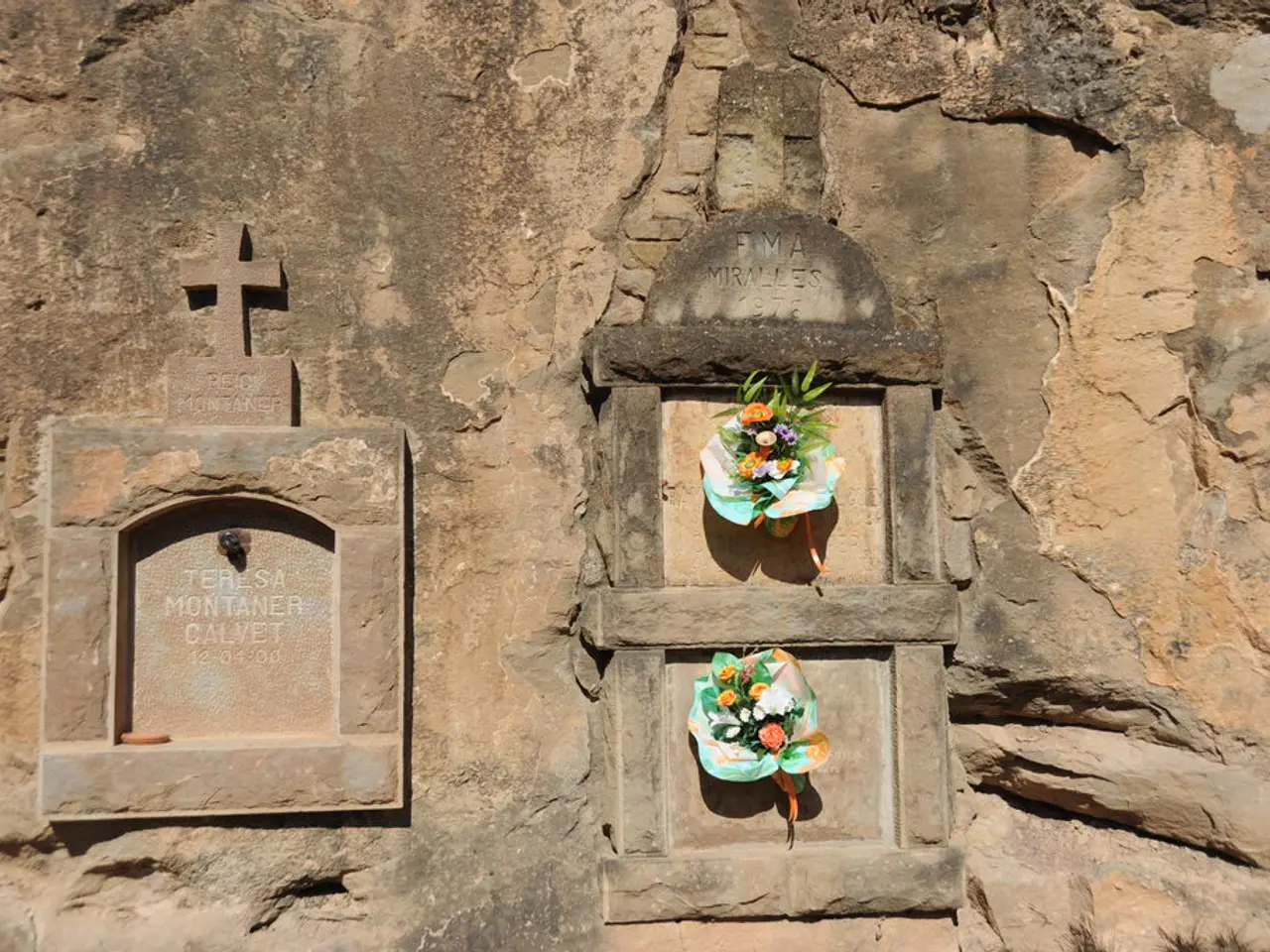India seeks engagement with Syria's fresh administration.
India has taken a significant step in its foreign policy by formally engaging with Syria's interim government, led by Ahmed al-Sharaa. This diplomatic move was marked by the first official Indian delegation's visit to Damascus in July 2025 [1][3][5].
The meetings focused on enhancing health cooperation, technical and educational collaboration, and laying the groundwork for humanitarian assistance and future reconstruction efforts. This outreach aligns India with other major players like the US and Turkey who recognize Syria's interim leadership after the fall of Bashar al-Assad in late 2024 [1][3].
Anil Trigunayat, a former Indian diplomat, stated that India's ties with Syria are part of a bilateral relationship like any other that it pursues. He emphasized that like in West Asia, India must engage with all partners, including Syria, regardless of the presence or absence of a strategic vacuum [4].
Strategically, India’s engagement with Syria supports its broader interests in the Middle East and Mediterranean. By establishing an early relationship with post-Assad Syria, India protects its interests and reduces the risk of a strategic vacuum [2]. This approach enhances India's image as a non-aligned actor willing to work with varied regimes to promote regional stability [1].
India's outreach to Syria's interim government helps ensure it is not sidelined in the reconstruction of the war-torn country. A stable Syria is crucial for India as it ensures secure trade routes and energy corridors critical to India's economy, particularly as it deepens ties with Gulf states and navigates tensions involving Iran [6].
Moreover, Syria's interim leadership, currently headed by Ahmad al-Sharaa, a former leader of Hayat Tahrir al-Sham (HTS), is significant. Trigunayat noted that Turkey's hold over al-Sharaa is significant, and he is looking to engage with other powers including India [3].
Muddassir Quamar, an associate professor at the Centre for West Asian Studies at Delhi's Jawaharlal Nehru University, stated that India's outreach reinforces its image as a nonaligned power willing to engage with diverse regimes to promote stability. He compared India's recent outreach to Syria's interim leadership to New Delhi's pragmatic shift in Afghanistan, where it has stepped up its outreach with the Taliban rulers after two decades of supporting the previous republican government [1].
The executive director of Mantraya, Shanthie Mariet D'Souza, stated that India has multiple strategic interests in post-Assad Syria, including safeguarding the interests of remaining Indians. She also noted that any assistance in the form of reconstruction and humanitarian aid would be welcomed by the new Syrian regime, which is still facing instability [5].
In summary, India’s evolving relations with Syria’s interim government represent a calculated diplomatic move to sustain and enhance its strategic interests in the Middle East, focusing on stability, economic opportunities, and multipolar engagement in a region undergoing significant political transition [1][3][4].
- The international community, including the United States and Turkey, has recognized Syria's interim leadership following Bashar al-Assad's fall in late 2024, and now India is aligning itself with these major players by engaging with Syria's interim government.
- The Asia region is witnessing a diplomatic shakeup as India, under its foreign policy, is formally engaging with Syria's interim government, which could potentially lead to increased collaboration in areas like health, education, humanitarian assistance, and future reconstruction efforts.
- As India forges ahead with its diplomatic relations in West Asia, it aims to engage with all partners, including Syria, regardless of the presence or absence of a strategic vacuum, to promote political stability and ensure its economic interests are safeguarded.
- The geopolitical landscape in war-and-conflicts regions like Syria is rapidly changing, and India's outreach to the interim government under Ahmad al-Sharaa is an attempt to navigate these complexities while maintaining its image as a nonaligned actor that is willing to work with diverse regimes to promote stability and secure its regional and economic interests.








